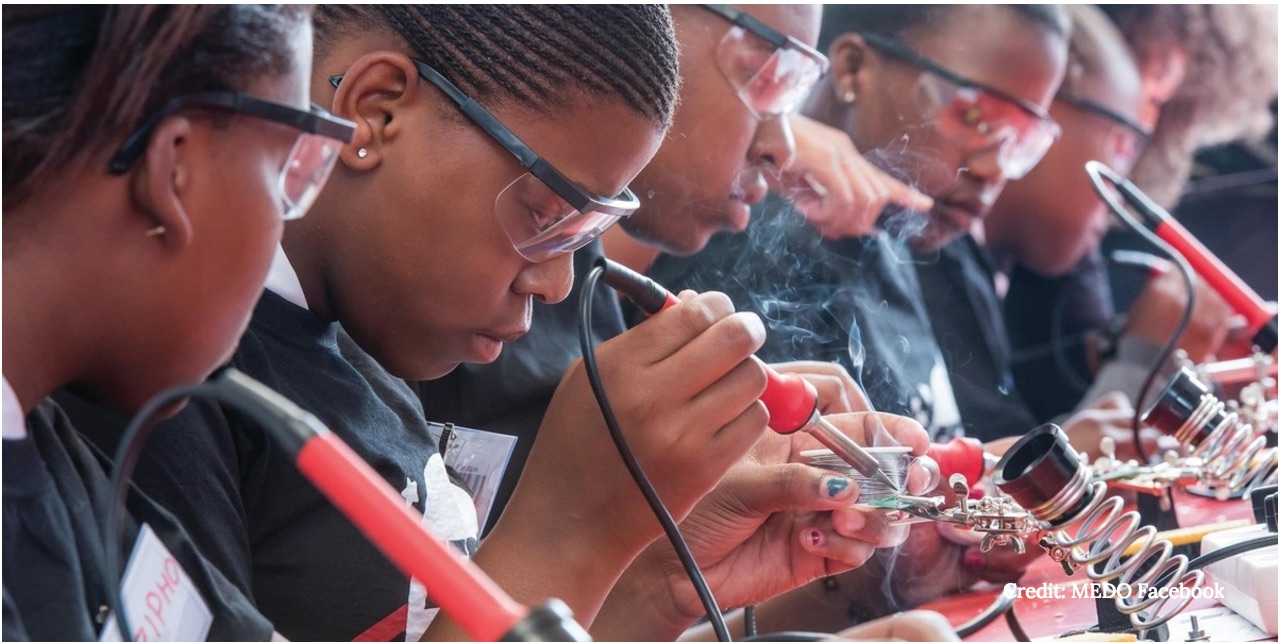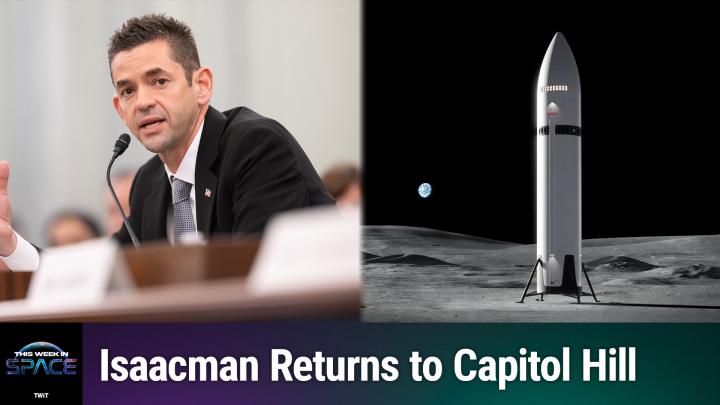High School Girls Have Designed Africa's First Private Satellite

Africa's first private space satellite will be launched in May 2017, thanks to 14 girls from South Africa. They have designed and constructed payloads for a satellite that will collect agriculture information across the continent, helping African countries better prepare for natural disasters and food shortages.
The satellite launch is part of a project headed by South Africa's Meta Economic Development Organization (MEDO) in collaboration with Morehead State University in the U.S. The girls are being trained by engineers from Cape Peninsula University of Technology in the hope of encouraging more African women to get involved in STEM fields. No black African has ever journeyed into space, and many of the girls participating in the MEDO project hope to be the first.
"Discovering space and seeing the Earth's atmosphere, it's not something many black Africans have been able to do, or do not get the opportunity to look at," 16-year-old Sesam Mngqengqiswa told CNN. "I want to see these things for myself. I want to be able to experience these things."
The information gathered by the satellite will allow Africans to better prepare for the tumultuous climate conditions of the continent.
"We expect to receive a good signal, which will allow us to receive reliable data," Mngqengqiswa told CNN. "In South Africa we have experienced some of the worst floods and droughts and it has really affected the farmers very badly."
RELATED: The Women Who Got Us To Space
According to a UN report for the region, a drought brought on by El Niño caused South Africa's April 2016 maize harvest to be short by 9.3 million tons. The country is expected to import three to four million tons of corn this year to make up for the shortage.
Breaking space news, the latest updates on rocket launches, skywatching events and more!
Before beginning work on the space satellite, the girls first programmed small CricketSat satellites and launched them with weather balloons. After these initial trials, they began designing the actual satellite payloads. Thermal imaging data collected from the payloads will be analyzed to reveal early drought or flood detection.
Using the data, "we can try to determine and predict the problems Africa will be facing in the future," said 17-year-old Brittany Bull, another student working on the project. "Where our food is growing, where we can plant more trees and vegetation and also how we can monitor remote areas.... We have a lot of forest fires and floods but we don't always get out there in time."
RELATED: Meet The Next Generation of Aviation Engineers
In most African countries, women account for less than 30 percent of scientific researchers. The MEDO project wants to help change that by eventually including girls from Namibia, Malawi, Kenya, and Rwanda, and advocating for the involvement of black African women in science.
Bull has a similar goal in mind as well. She hopes to spread awareness that women can do anything they want to do.
"I want to show to fellow girls that we don't need to sit around or limit ourselves," she told CNN. "Any career is possible — even aerospace."
Originally published on Seeker.
